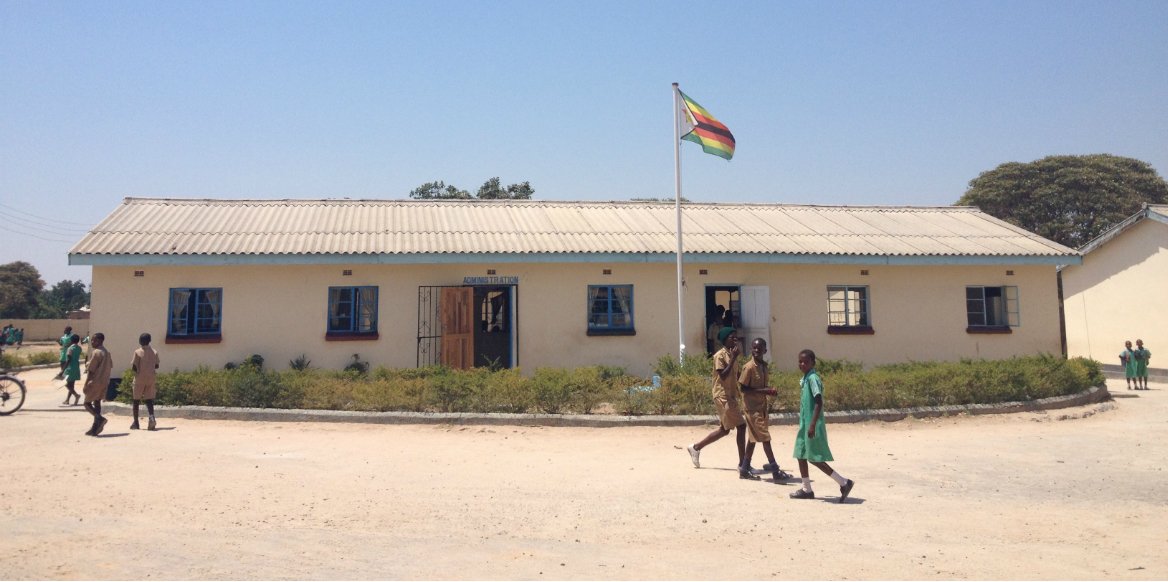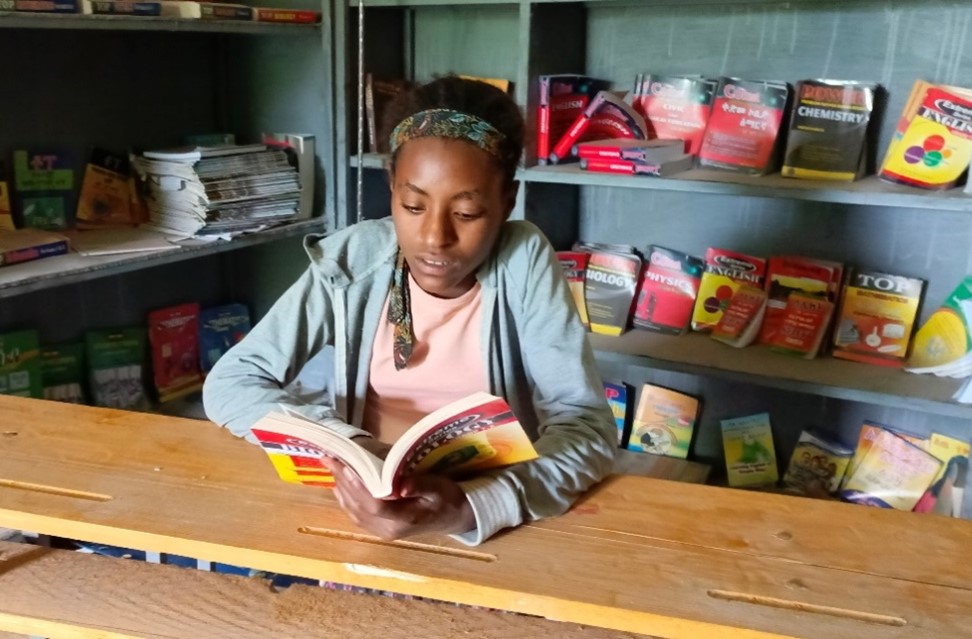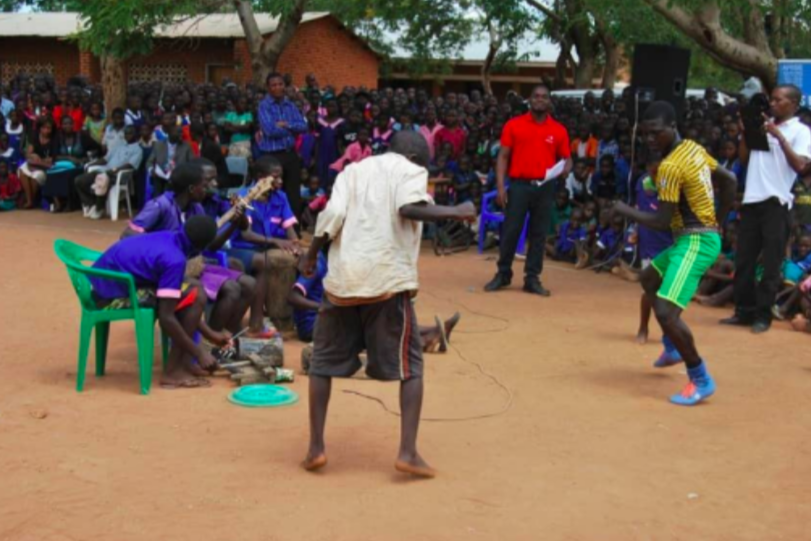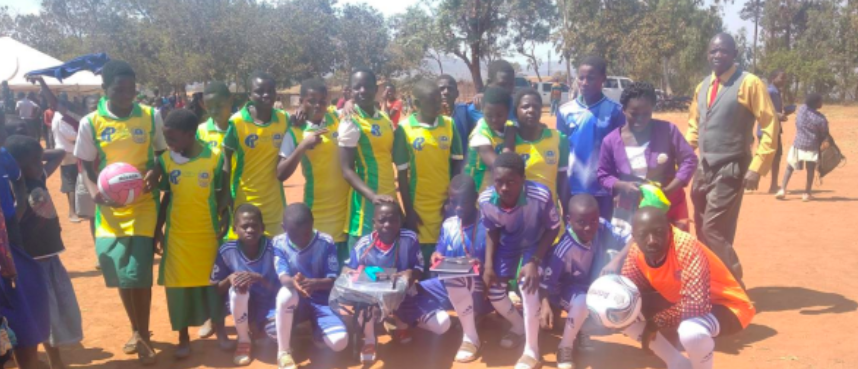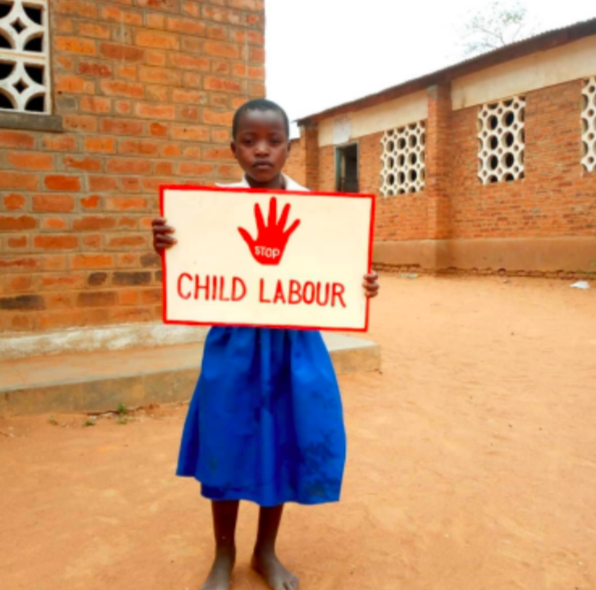Most nongovernmental organizations (NGOs) in Epworth have been working individually on their own projects without coordinated efforts to strengthen the child protection issues in the district and this led to replication and reduced impact. Most community members didn’t value education and employed children in income generating family projects and didn’t attend school.
CACLAZ /ANPPCAN managed to engage all stakeholders and partners in Epworth district through inviting them to inception meetings and capacity building workshops to enhance their knowledge on child rights and child labour issues .The child labour free zone is possible with the use of an area based approach that needs every individual and organization`s effort to create a norm that every child should be at school and not at work. Through collaboration with like-minded donors like UNICEF, the team managed to bring together the district child protection committee, teachers and various organizations which work with children. The team has discussed strategies on how best NGOs can share information with the vulnerable people in the society since they usually miss out on programs and information that may help them build resilience, created a platform for organizations to create a directory /database of NGO programs and activities to enable a network for referrals on child protection issues with organizations dealing with specific children issues.
Through the networking and collaborations of stakeholders on child protection issues, a WhatsApp group has been formed by the district child protection committee. This is being used to communicate information on children’s issues in Epworth district. Stakeholders have also identified gaps which need to be filled in the child protection systems of Epworth and these include, disabled children, drug abuse, gender based violence and child marriages as some problems faced by children which need urgent attention from stakeholders. Stakeholders have come up with synergies to reach out to the vulnerable people in the society who usually miss out on information, thus the organizations agreed to take advantage of the harmonized cash transfer system (HCTS) where the most disadvantaged people or families receive cash pay outs once in two months for them to meet their basic needs. The program is being carried out by Department of Social Services (DSS) and UNICEF under the National Action Plan (NAP) phase two.
To be able to create a child labour free zone there is need for concerted and collaborative efforts by organizations and individuals to stop child labour. The synergies would ensure that children who can’t raise school fees will be referred to partners who offer that service whilst those without birth certificates will be referred to the correct department and the list goes on. This will help the organisation to create a strong impact in the child labour free zone as children will not only be sent back to school but will be left in the hands of the community and other stakeholders for continuity. It is a significant story of change as it is also emphasized in the world day against child labour 2016 theme: End child labour in supply chains, its everyone`s business. And for sure in Epworth it has become everyone`s business.

